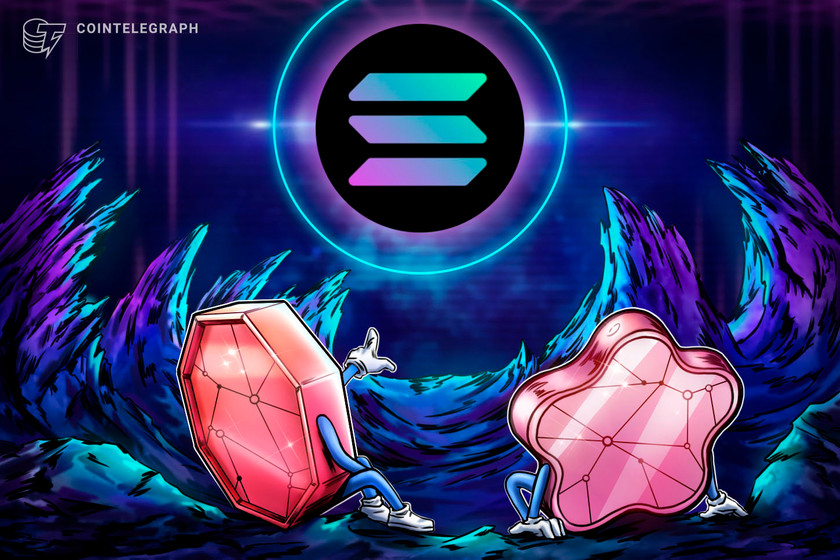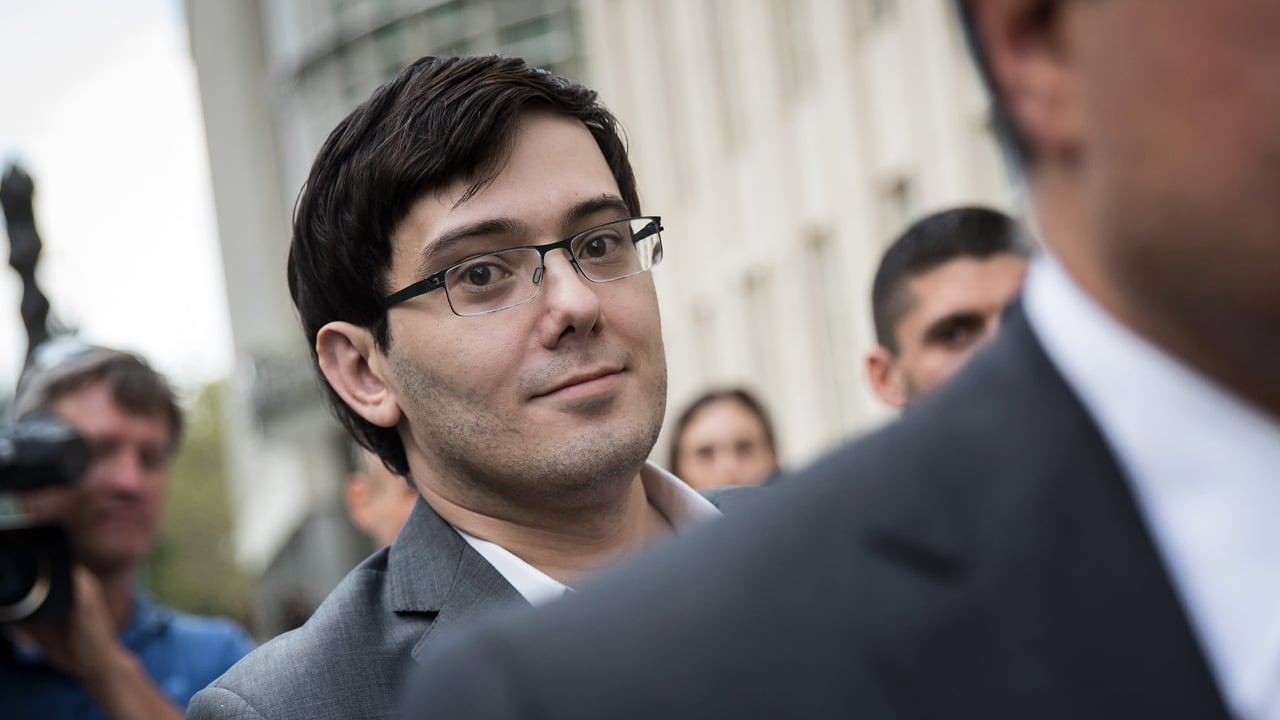
Despite the minting of $50 million in TUSD, Zhao previously said the regulatory crackdown on stablecoins in the U.S. will cause the USD-back stablecoin market to “shrink.”
Only days after reports of United States regulatory scrutiny of Paxos and Binance USD (BUSD), cryptocurrency exchange Binance has minted nearly $50 million worth of TrueUSD (TUSD).
The transaction took place on Feb. 16, according to data from Etherscan, and also comes two days after Binance CEO Chanpeng 'CZ' Zhao said in a Feb. 14 Twitter Spaces that Binance would look to “diversify” its stablecoin holdings away from BUSD.
We're live!
— Binance (@binance) February 14, 2023
Tune-in to our Twitter Space AMA with @cz_binance below https://t.co/bXIztCKdry
Despite minting nearly $50 million in TUSD from the TrustToken platform’s smart contract on Feb. 16, CZ had earlier said the recent regulatory action by the United States Securities Exchange Commission (SEC) and the New York Department of Financial Services (NYDFS) over the long term may lead to a fall in the dominance of U.S. dollar-backed stablecoins.
“I think with the current stances taken by the regulators on the U.S. Dollar-based stablecoin, the industry will probably move away to a non-U.S. Dollar-based stablecoin, back to algorithmic stablecoins.”
“There’s multiple agencies putting applied pressure there. It is just going to shrink the U.S. Dollar-based stablecoin market,” he added.
CZ said that “this has prompted us to look for more options in different places” and that they’re now exploring other options.
50M #TUSD minted at #Binance and the price of $TRU increased by 200%.
— Lookonchain (@lookonchain) February 16, 2023
On-chain data shows that #Alameda and #justinsun are the two largest minters of $TUSD.#Alameda minted a total of 1.64B $TUSD in history.#justinsun minted a total of 889M $TUSD in history. pic.twitter.com/N1tUjFQm5U
While the CEO stated that Binance would provide more support for USD Coin (USDC) and Tether (USDT) over the short term — in expectation that BUSD “winds down over time” — he added that they’re now looking to explore more into Euro and Japanese Yen-based stablecoins.
As for BUSD, CZ said “the existing circulating supply of BUSD is there and safe, and as more people want to redeem, they will be burned.”
Interestingly, the Binance CEO added that he was never too bullish on the success of the Binance-branded BUSD stablecoin anyway:
“To be honest BUSD was never a big business for us, when we started I actually thought the BUSD project may fail, so we actually don’t have very good economics on that collaboration.”
Interesting, in September, TUSD was one of the stablecoins that Binance auto-converted to BUSD to enhance liquidity and capital-efficiency for its users. Other stablecoins that got auto-converted were USDC and USDP Stablecoin (USDP). This drove up BUSD’s share in the stablecoin market from 10% to 15% in a matter of weeks.
TrustToken launched TUSD on Mar. 5, 2018, which operates on the Ethereum, Avalanche, MATIC and Tron networks.
New TUSD is minted whenever a buyer wires USD to a third-party escrow that holds USD deposits on Prime Trust's behalf. Once received, TUSD will be transferred in a 1:1 ratio to the USD sent to the trader’s nominated ERC-20 or BEP-2 wallet address.





